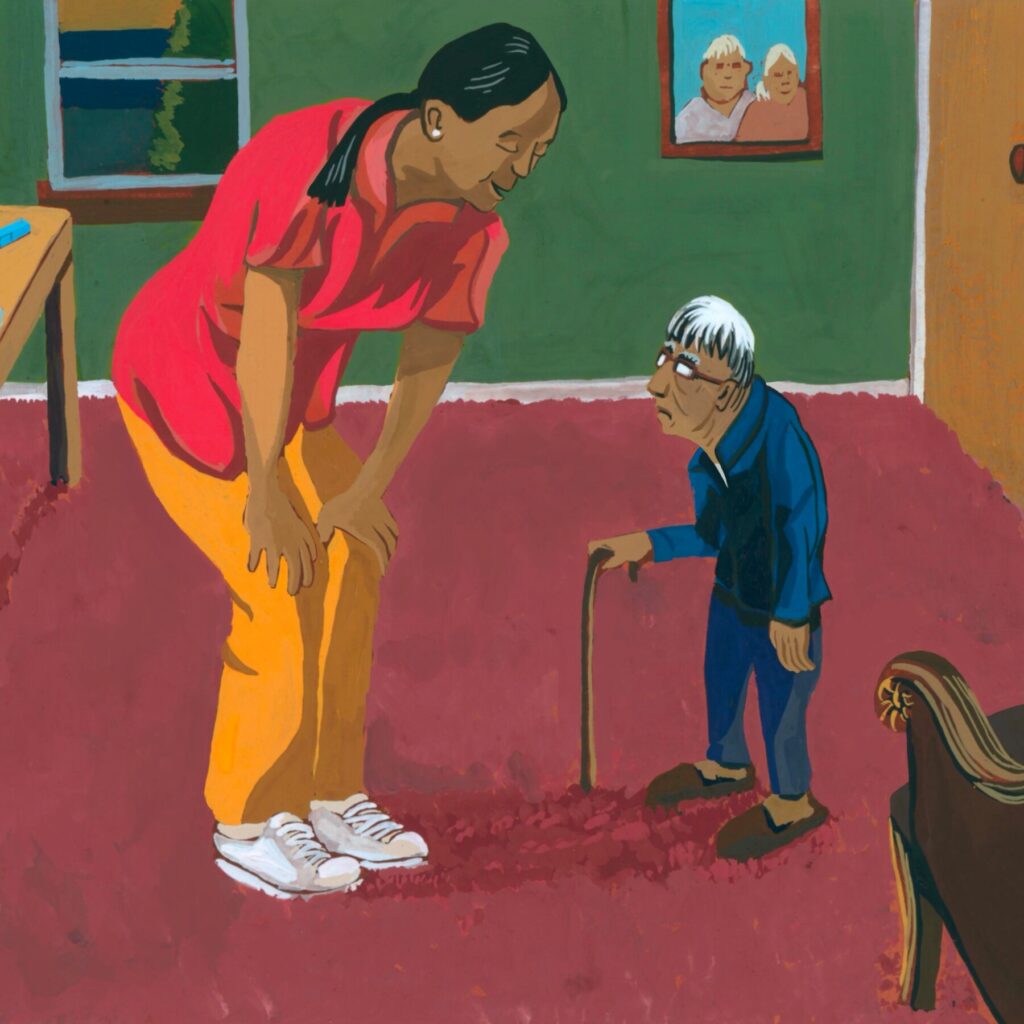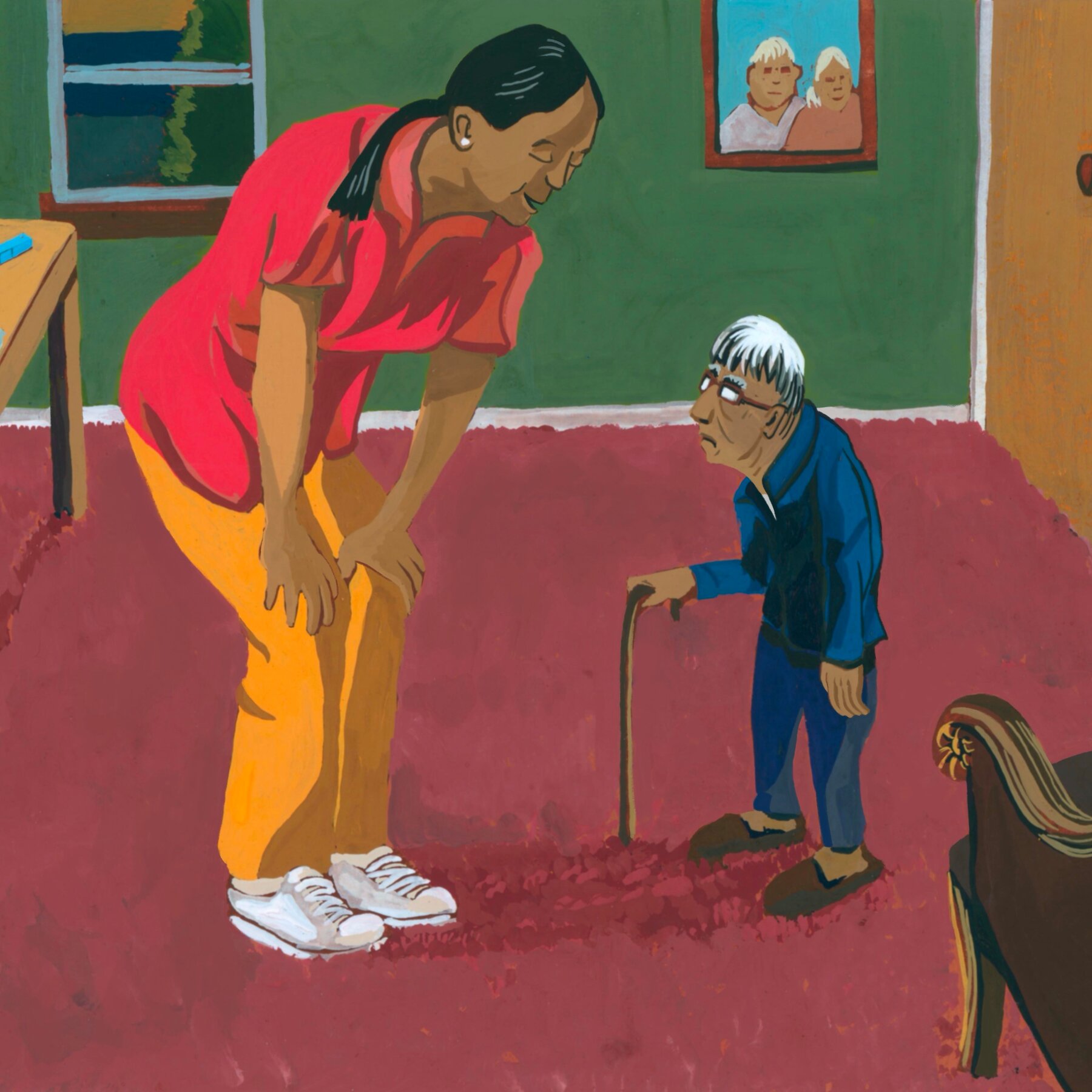Honey, Sweetie, Dearie: There Are Perils in ‘Elderspeak’
Honey, Sweetie, Dearie: There Are Perils in ‘Elderspeak’

A new training program teaches aides to stop baby talk and address older people as adults.
Read the full article on NY Times Science
Truth Analysis
Analysis Summary:
The article appears mostly accurate based on the provided sources. The core claim about "elderspeak" being detrimental is supported. However, the article exhibits a slight bias by focusing on the negative aspects of certain terms without exploring potential nuances or alternative perspectives.
Detailed Analysis:
- Claim:** A new training program teaches aides to stop baby talk and address older people as adults.
- Verification Source #N: *Fail to cover*. This is a specific detail about a training program that is not addressed in the provided sources.
- Claim:** "Elderspeak" can negatively impact older people.
- Verification Source #1: Supports this claim, stating that "elderspeak, their performance on tasks decreases and their rates of depression increase."
- Claim:** Terms like "sweetie, honey, dearie" are examples of "elderspeak."
- Verification Source #1: Supports this claim, listing "sweetie, honey, dear" as examples.
- Verification Source #2: Supports this claim, listing "sweetie, sugar, honey, dear, darling, dearie" as diminutives.
Supporting Evidence/Contradictions:
- Verification Source #1: Provides direct evidence that "elderspeak" (including terms like "sweetie, honey, dear") can negatively impact older adults by decreasing performance on tasks and increasing depression.
- Verification Source #2: Supports the idea that terms like "sweetie, sugar, honey, dear, darling, dearie" are diminutives, which can be perceived as condescending.
- There are no direct contradictions between the sources. However, the sources do not cover the specific training program mentioned in the article.

